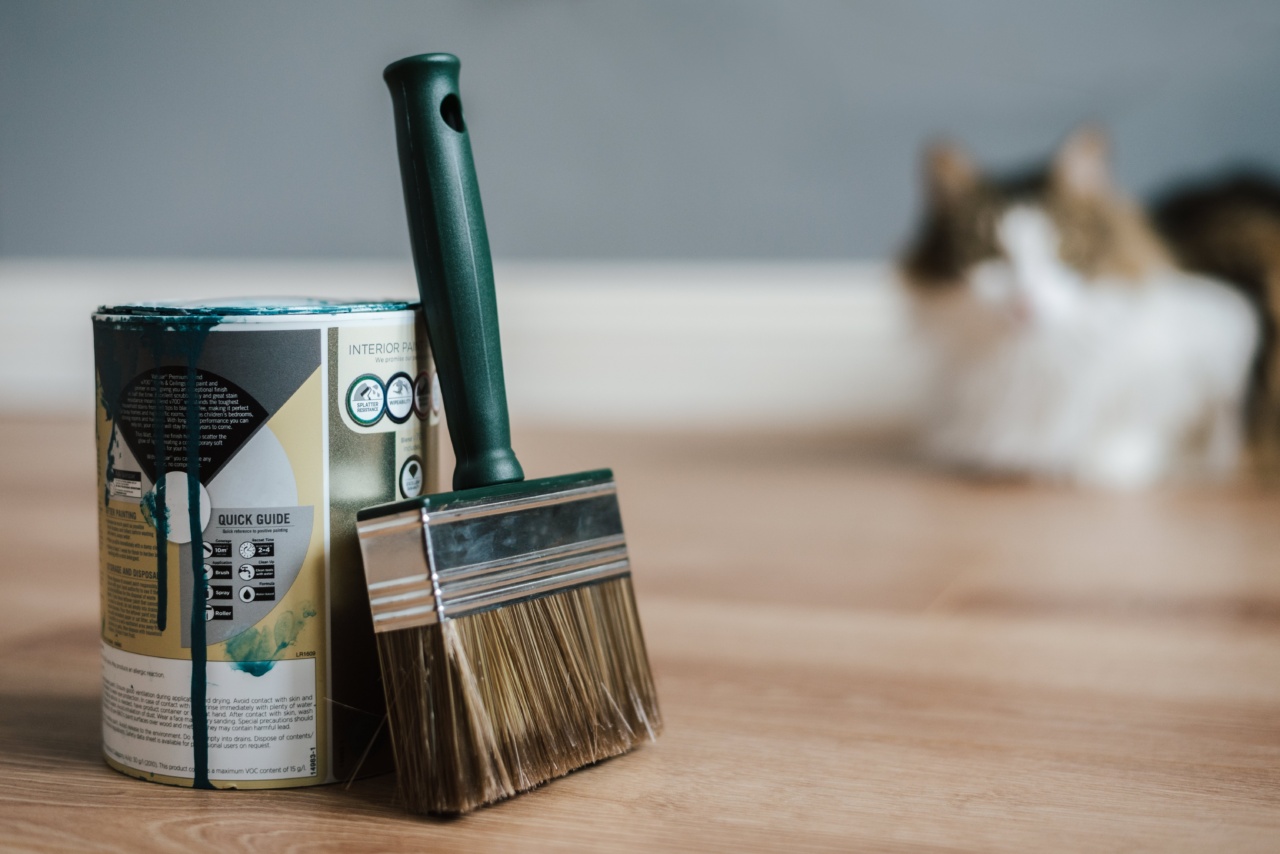Allergies can be a real pain, and it can feel like you’re allergic to everything. For some people, spring is a time of misery as they struggle with the pollen and plant matter swirling in the air. Others are sensitive to animal dander or certain foods.
When you love being outdoors or want to live sustainably, having allergies can be an obstacle. But does that mean you have to give up those things? Can you have allergies and still enjoy nature?.
What Are Allergies?
Allergies happen when your immune system overreacts to something that’s normally harmless, like pollen, dust, or certain foods. Your body sees these things as a threat and releases chemicals that cause inflammation, itching, and other symptoms.
Some people are born with a tendency to develop allergies, while others can develop them over time. Allergies can be seasonal, meaning they happen only at certain times of the year, or they can be year-round.
Common Allergens
Some of the most common allergens are:.
- Pollen from trees, grasses, and weeds
- Dust mites
- Mold spores
- Pet dander and hair
- Food, such as nuts, dairy, and shellfish
- Insect bites and stings, such as from bees and mosquitoes
Can You Still Enjoy Nature?
If you have allergies, you might be afraid of spending time outdoors or in nature. However, with some precautions, you can still enjoy hiking, camping, and other outdoor activities. Here are some tips:.
- Check the pollen count before heading outside. If it’s high, consider staying indoors or wearing a mask.
- Wear long sleeves, pants, and a hat to protect your skin from plant matter.
- Wash your clothes and take a shower after spending time outside.
- Consider wearing a pollen mask or taking allergy medication before heading out.
It’s important to remember that not all allergies are seasonal. You may be allergic to something as common as dust or pet dander, which can be present year-round.
If you have indoor allergies, consider investing in an air purifier or regularly vacuuming and dusting your home.
Living Sustainably with Allergies
If you’re committed to living a sustainable lifestyle, your allergies don’t have to get in the way. Here are some tips:.
- Avoid using harsh chemicals to clean your home. Use natural, non-toxic products instead.
- Grow your own fruits and vegetables using organic methods to avoid pesticides.
- If you have allergies to certain foods, try to find alternatives that are sustainably produced.
- Consider alternative transportation methods, such as biking or walking, to avoid emissions from cars.
Living sustainably can actually help reduce your exposure to allergens, as you’ll be using cleaner products and eating cleaner foods. By reducing your carbon footprint, you’ll also be helping the planet breathe easier.
Overcoming Allergies
If your allergies are severe and affecting your quality of life, there are ways to overcome them. Here are some options:.
- Take allergy medication, such as antihistamines or nasal sprays.
- Consider immunotherapy, or allergy shots, which build up your immunity to allergens over time.
- Try natural remedies, such as local honey or stinging nettle, which may help reduce symptoms.
Talk to your doctor or an allergist if your allergies are causing you significant discomfort. There are many treatment options available, and they can help you get back to enjoying life in nature.
Conclusion
Allergies and nature don’t have to be mortal enemies. While allergies can be frustrating and uncomfortable, there are ways to manage them and still enjoy the great outdoors.
By taking precautions and using common sense, you can reduce your exposure to allergens and embrace a sustainable lifestyle.






























